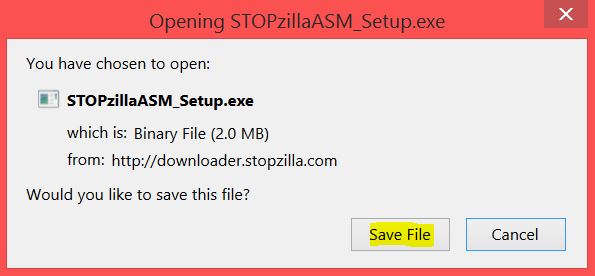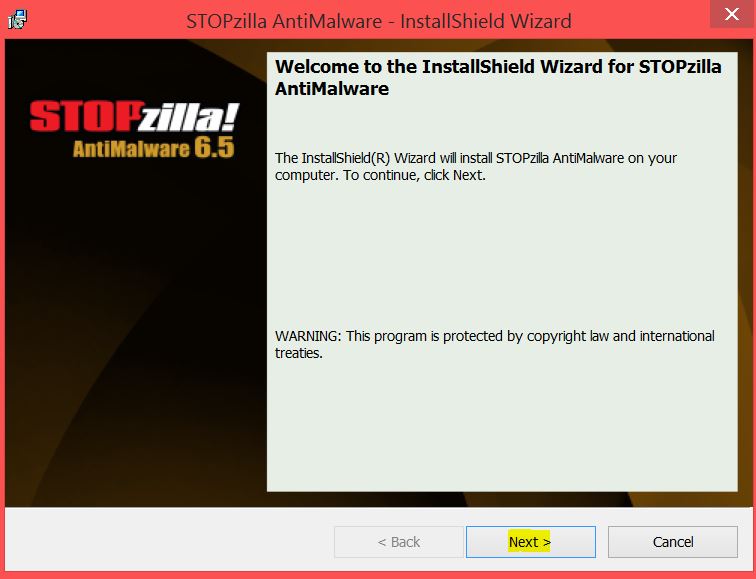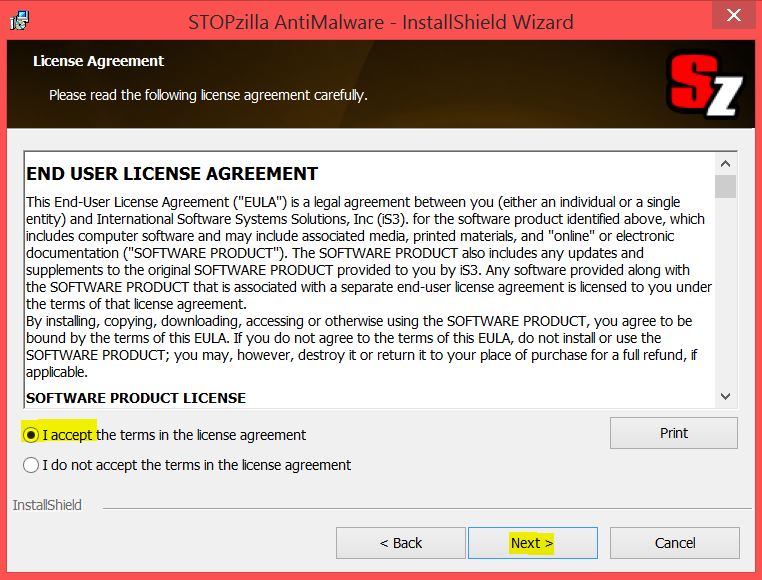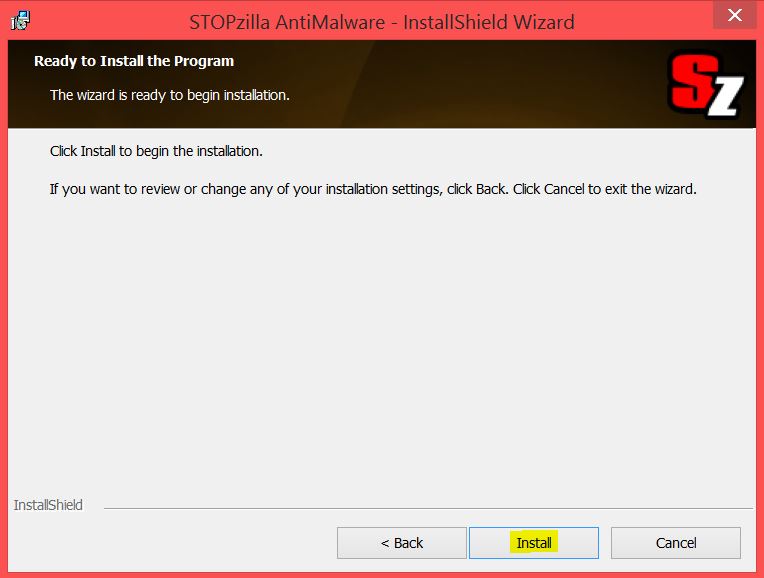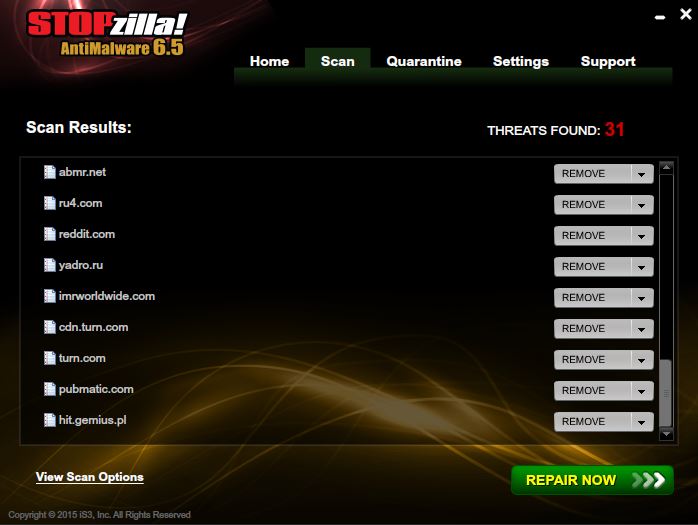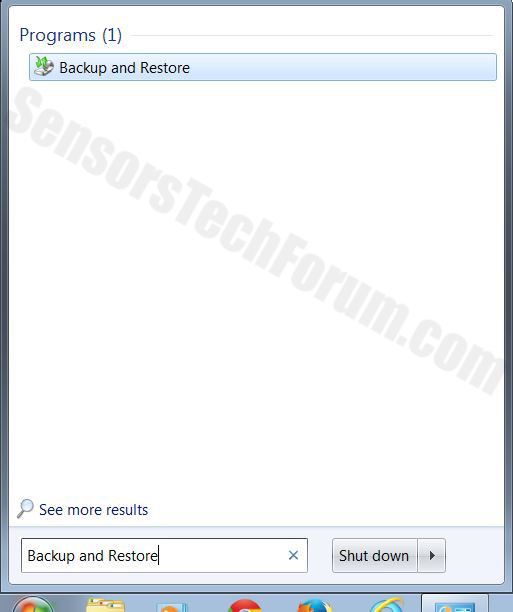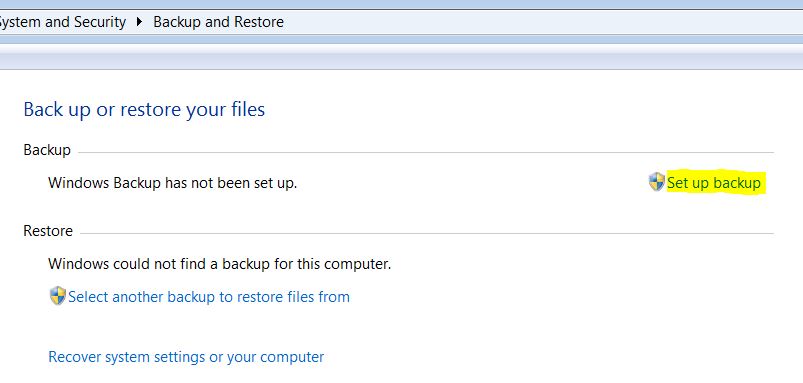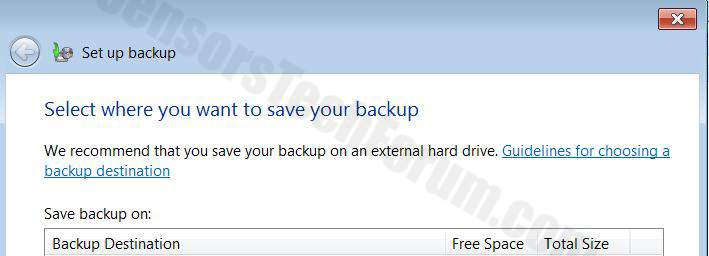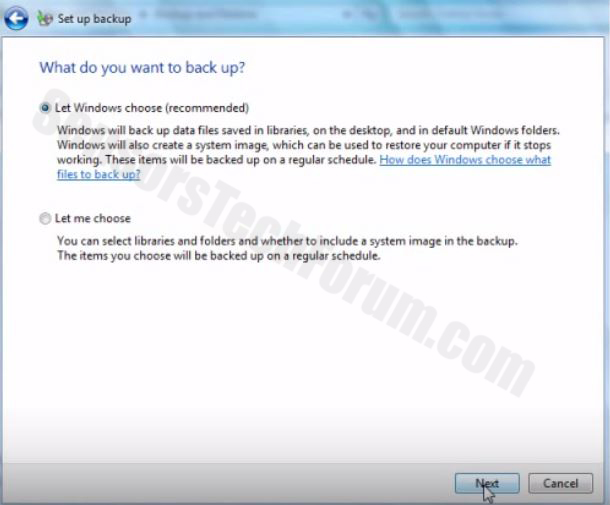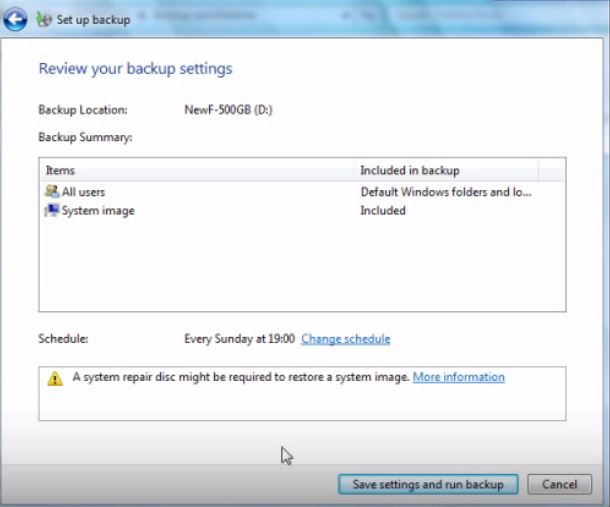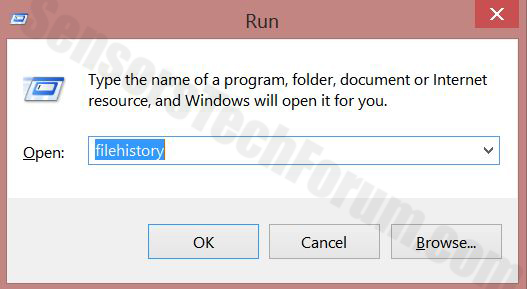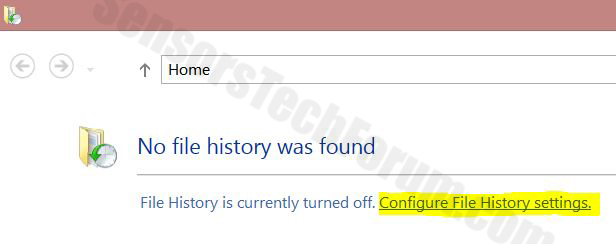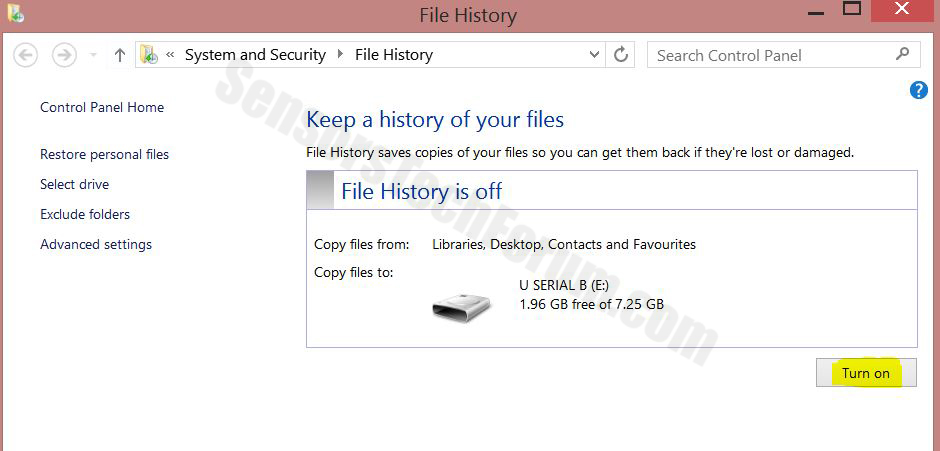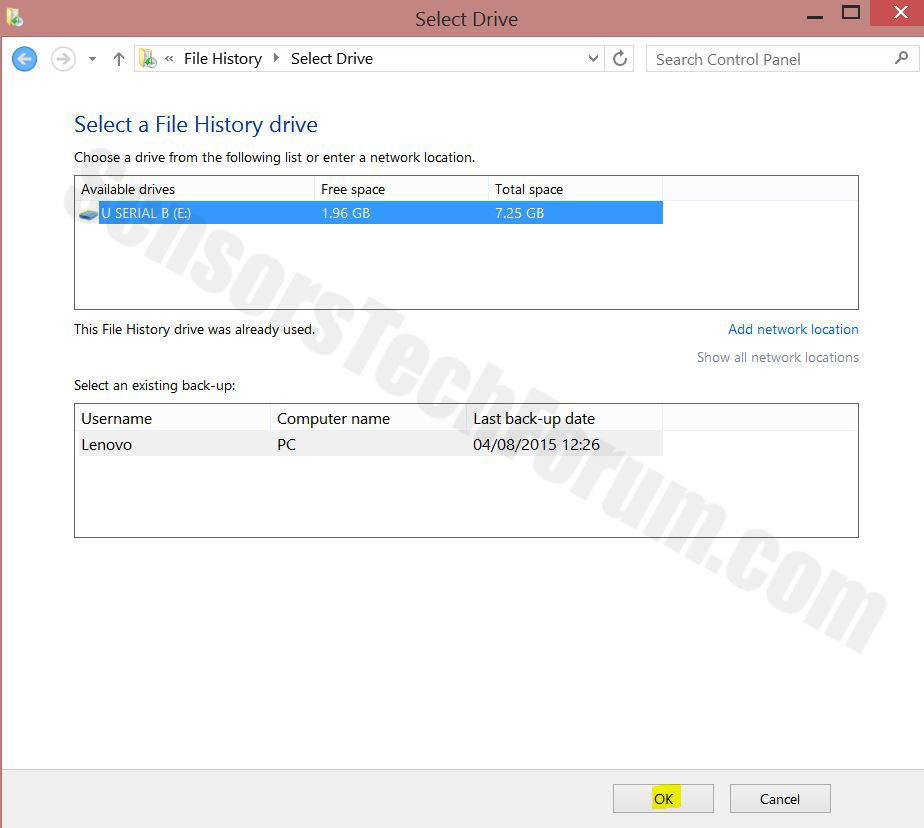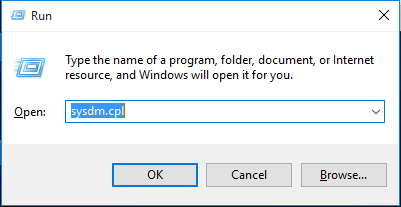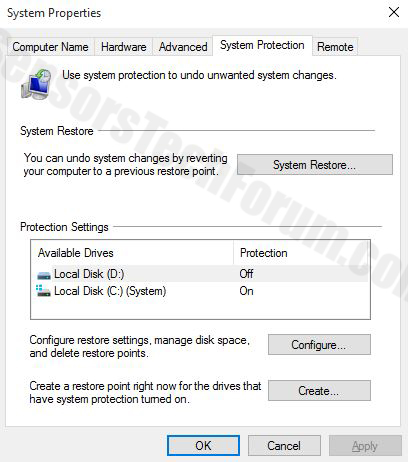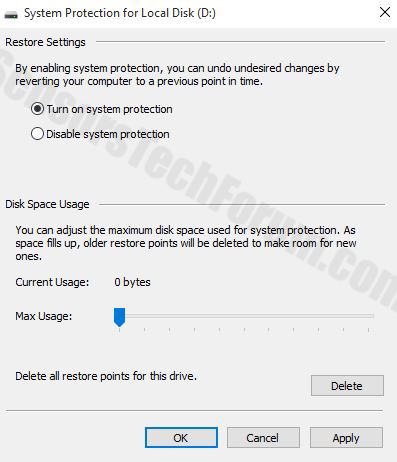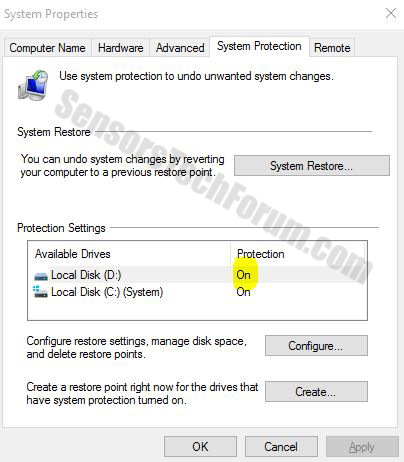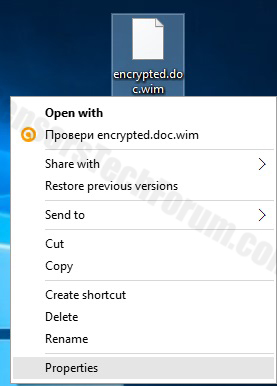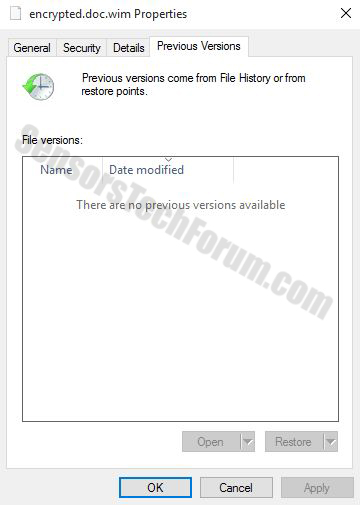| Name | TheZip Virus |
| Type | PC Virus, Adware |
| Short Description | The cyber threat may replicate itself. May display search results that link to different types of third-party sites. |
| Symptoms | The user may witness unusually high ammount of processes in his Windows Task Manager. Witnessing of heavy advertisements. Slow PC that may cause some processes to go to a ‘Not Responding’ state. |
| Distribution Method | Via online chat platforms, direct downloads from suspicious third-party sites. |
| Detection Tool | Download Malware Removal Tool, to See If Your System Has Been Affected by malware |
| User Experience | Join our forum to discuss about TheZip Virus. |
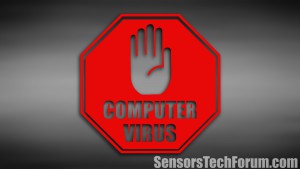 TheZip is a nasty computer infection that may aim for two main things on the PC it infects – the information in the affected computer and overloading it with its processes. TheZip is a very unhealthy application and may overload the central processing unit (CPU) of your computer. What is more, this nasty infection is reported by security researchers to modify various search results, otherwise known as a blackhat SEO which is also common for rootkit infections. Since the search results may link the user to unknown third-party websites that may be also dangerous and due to its malicious behaviour, experts advise towards its immediate removal with special anti-malware tool.
TheZip is a nasty computer infection that may aim for two main things on the PC it infects – the information in the affected computer and overloading it with its processes. TheZip is a very unhealthy application and may overload the central processing unit (CPU) of your computer. What is more, this nasty infection is reported by security researchers to modify various search results, otherwise known as a blackhat SEO which is also common for rootkit infections. Since the search results may link the user to unknown third-party websites that may be also dangerous and due to its malicious behaviour, experts advise towards its immediate removal with special anti-malware tool.
TheZip Virus – How Was I Infected
One way to download and open this malicious executable is by simply downloading it from the web, believing it is connected in a way to reputable programs such as 7zip or WinZip. What is more, this particular executable might as well be sent out in chat platforms and social networks, such as Skype, for example. Either way, security experts recommend to not download any unfamiliar .zip reading programs, because for one Windows has such software installed by default and what is more, the above mentioned are the most reputable free programs used by the masses.
TheZip Virus – What Does It Do
This particular computer virus is believed to load up a process, going by the name of “thezipjs.exe” which is outlined as self-replicating. This means that the process has code in it that makes it load again and again over itself around 300 times. Which means that it runs the same amount of processes in the Windows Task Manager, draining CPU usage. These very processes will also take up the random access memory (RAM) on an affected system. All of those side effects may lead to crashing of Windows Explorer (explorer.exe) or even blue screen of death (BSOD) otherwise known as OS crash.
What is more, this virus has been reported by virus researchers that it may collect certain information from the user PC, such as the IP address, location (if available), language preferences, local time, browsing history, online clicks and searchers and other.
What was also established by experts is that it examines a rootkit like behaviour, known as blackhat SEO. This method is essentially modifying the web links of the search results or even displaying custom ad-supported search results to the user, leading to third-party websites. This method is done with different goals. Some websites want to boost their traffic and they combine themselves with virus writers such as the one who wrote TheZip virus in pay-per-click and affiliate schemes. However in some cases there may be , malware writers that may ‘advertise’ their malware in the form of malicious links that may further infect the user PC with other viruses, trojans, worms and even ransomware, like Cryptowall 4.0.
Removing TheZip Virus
In order to remove this, virus, you should make sure you act as if your computer was infected with a more devious threat, because it might as well already been. What is needed is to scan your computer with an advanced anti-malware program in order to detect and identify any unwanted code related to TheZip Virus as well as its own and remove it.
Now when it comes to safely scanning your computer, we have provided a tutorial on how to do it in Safe Mode after this article and you should check it out. However, in case you are more tech savvy or just keen on better results, instead of using anti-malware tools to scan your PC in Safe Mode, you should do it by using a live OS, tutorial for which you can find in this forum topic:
https://sensorstechforum.com/forums/malware-removal-questions-and-guides/safe-way-to-scan-your-computer-and-detect-malware/
Preparation before removing TheZip Virus.
Before starting the actual removal process, we recommend that you do the following preparation steps.
- Make sure you have these instructions always open and in front of your eyes.
- Do a backup of all of your files, even if they could be damaged. You should back up your data with a cloud backup solution and insure your files against any type of loss, even from the most severe threats.
- Be patient as this could take a while.
- Scan for Malware
- Fix Registries
- Remove Virus Files
Step 1: Scan for TheZip Virus with SpyHunter Anti-Malware Tool
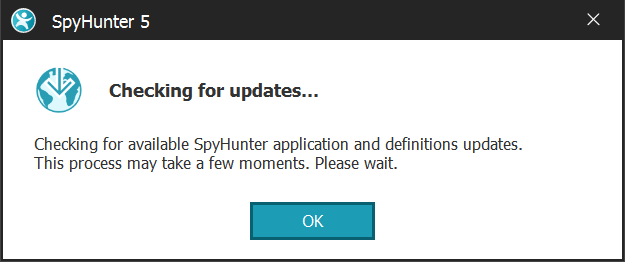
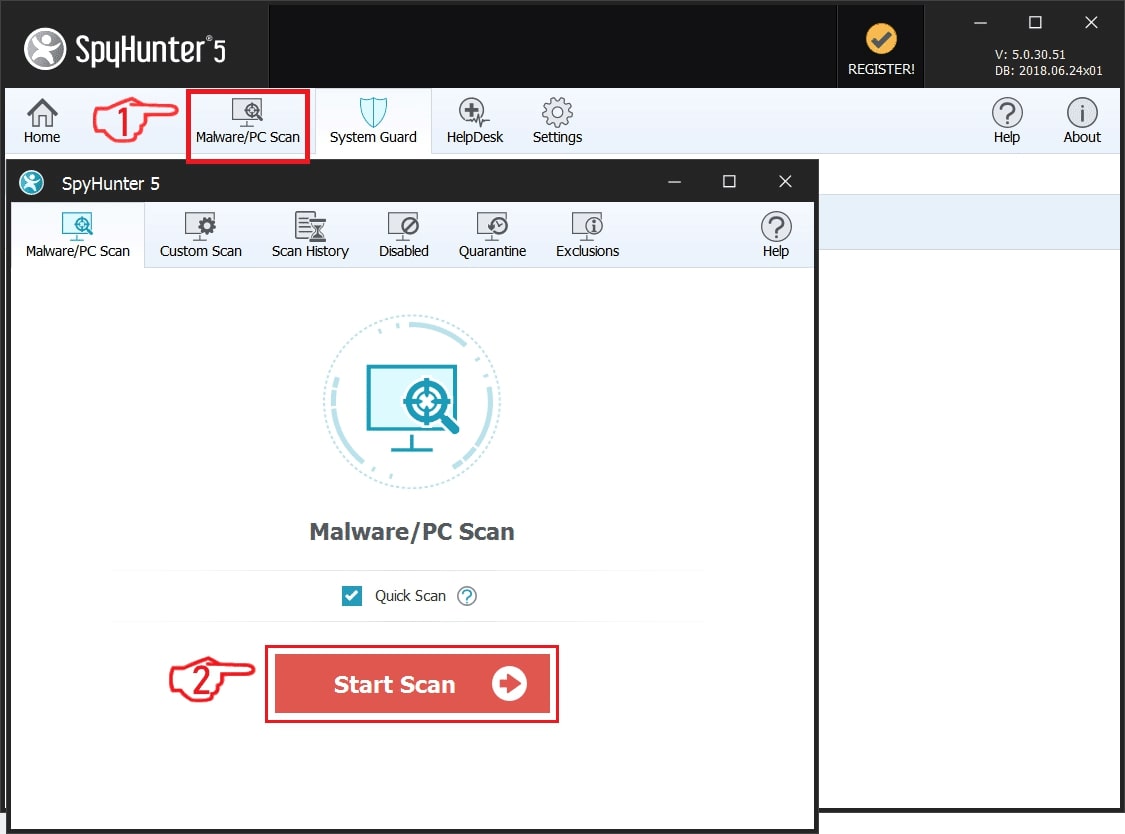
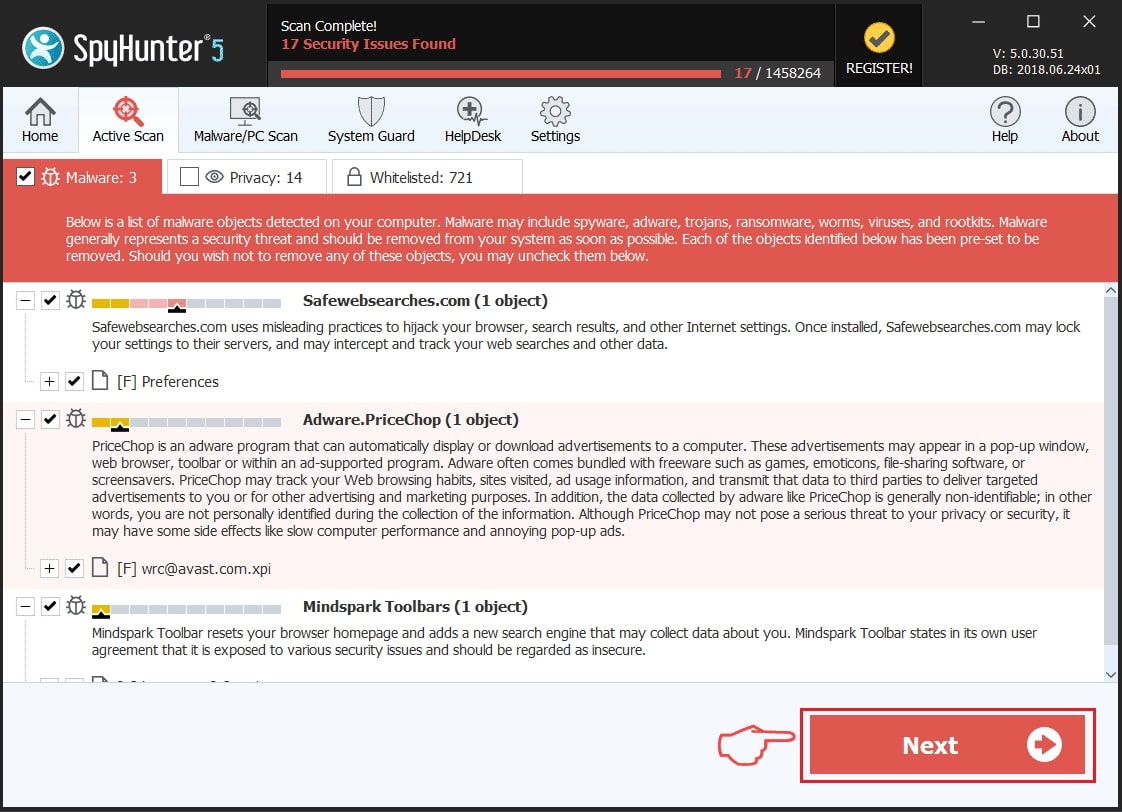
Step 2: Clean any registries, created by TheZip Virus on your computer.
The usually targeted registries of Windows machines are the following:
- HKEY_LOCAL_MACHINE\Software\Microsoft\Windows\CurrentVersion\Run
- HKEY_CURRENT_USER\Software\Microsoft\Windows\CurrentVersion\Run
- HKEY_LOCAL_MACHINE\Software\Microsoft\Windows\CurrentVersion\RunOnce
- HKEY_CURRENT_USER\Software\Microsoft\Windows\CurrentVersion\RunOnce
You can access them by opening the Windows registry editor and deleting any values, created by TheZip Virus there. This can happen by following the steps underneath:
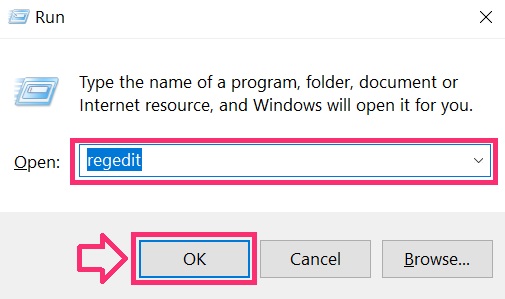

 Tip: To find a virus-created value, you can right-click on it and click "Modify" to see which file it is set to run. If this is the virus file location, remove the value.
Tip: To find a virus-created value, you can right-click on it and click "Modify" to see which file it is set to run. If this is the virus file location, remove the value.Step 3: Find virus files created by TheZip Virus on your PC.
1.For Windows 8, 8.1 and 10.
For Newer Windows Operating Systems
1: On your keyboard press + R and write explorer.exe in the Run text box and then click on the Ok button.
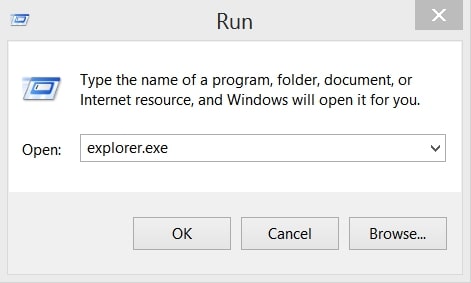
2: Click on your PC from the quick access bar. This is usually an icon with a monitor and its name is either “My Computer”, “My PC” or “This PC” or whatever you have named it.
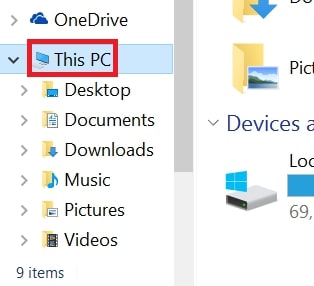
3: Navigate to the search box in the top-right of your PC's screen and type “fileextension:” and after which type the file extension. If you are looking for malicious executables, an example may be "fileextension:exe". After doing that, leave a space and type the file name you believe the malware has created. Here is how it may appear if your file has been found:
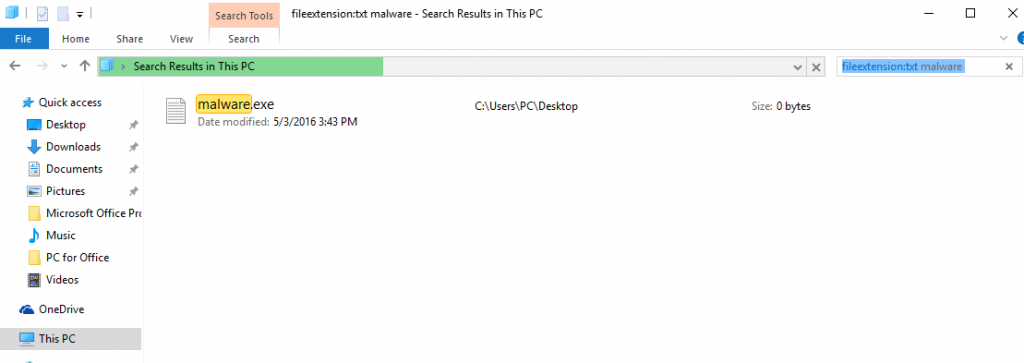
N.B. We recommend to wait for the green loading bar in the navigation box to fill up in case the PC is looking for the file and hasn't found it yet.
2.For Windows XP, Vista, and 7.
For Older Windows Operating Systems
In older Windows OS's the conventional approach should be the effective one:
1: Click on the Start Menu icon (usually on your bottom-left) and then choose the Search preference.
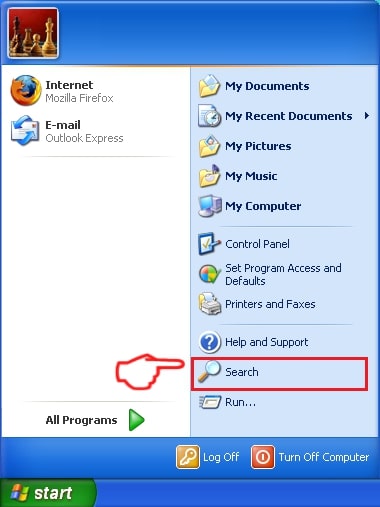
2: After the search window appears, choose More Advanced Options from the search assistant box. Another way is by clicking on All Files and Folders.
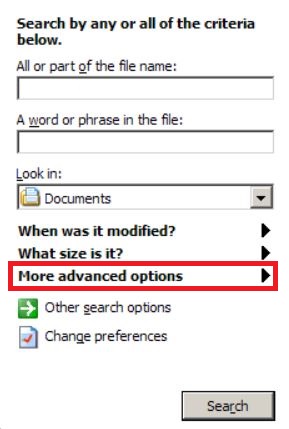
3: After that type the name of the file you are looking for and click on the Search button. This might take some time after which results will appear. If you have found the malicious file, you may copy or open its location by right-clicking on it.
Now you should be able to discover any file on Windows as long as it is on your hard drive and is not concealed via special software.
TheZip Virus FAQ
What Does TheZip Virus Trojan Do?
The TheZip Virus Trojan is a malicious computer program designed to disrupt, damage, or gain unauthorized access to a computer system. It can be used to steal sensitive data, gain control over a system, or launch other malicious activities.
Can Trojans Steal Passwords?
Yes, Trojans, like TheZip Virus, can steal passwords. These malicious programs are designed to gain access to a user's computer, spy on victims and steal sensitive information such as banking details and passwords.
Can TheZip Virus Trojan Hide Itself?
Yes, it can. A Trojan can use various techniques to mask itself, including rootkits, encryption, and obfuscation, to hide from security scanners and evade detection.
Can a Trojan be Removed by Factory Reset?
Yes, a Trojan can be removed by factory resetting your device. This is because it will restore the device to its original state, eliminating any malicious software that may have been installed. Bear in mind that there are more sophisticated Trojans that leave backdoors and reinfect even after a factory reset.
Can TheZip Virus Trojan Infect WiFi?
Yes, it is possible for a Trojan to infect WiFi networks. When a user connects to the infected network, the Trojan can spread to other connected devices and can access sensitive information on the network.
Can Trojans Be Deleted?
Yes, Trojans can be deleted. This is typically done by running a powerful anti-virus or anti-malware program that is designed to detect and remove malicious files. In some cases, manual deletion of the Trojan may also be necessary.
Can Trojans Steal Files?
Yes, Trojans can steal files if they are installed on a computer. This is done by allowing the malware author or user to gain access to the computer and then steal the files stored on it.
Which Anti-Malware Can Remove Trojans?
Anti-malware programs such as SpyHunter are capable of scanning for and removing Trojans from your computer. It is important to keep your anti-malware up to date and regularly scan your system for any malicious software.
Can Trojans Infect USB?
Yes, Trojans can infect USB devices. USB Trojans typically spread through malicious files downloaded from the internet or shared via email, allowing the hacker to gain access to a user's confidential data.
About the TheZip Virus Research
The content we publish on SensorsTechForum.com, this TheZip Virus how-to removal guide included, is the outcome of extensive research, hard work and our team’s devotion to help you remove the specific trojan problem.
How did we conduct the research on TheZip Virus?
Please note that our research is based on an independent investigation. We are in contact with independent security researchers, thanks to which we receive daily updates on the latest malware definitions, including the various types of trojans (backdoor, downloader, infostealer, ransom, etc.)
Furthermore, the research behind the TheZip Virus threat is backed with VirusTotal.
To better understand the threat posed by trojans, please refer to the following articles which provide knowledgeable details.


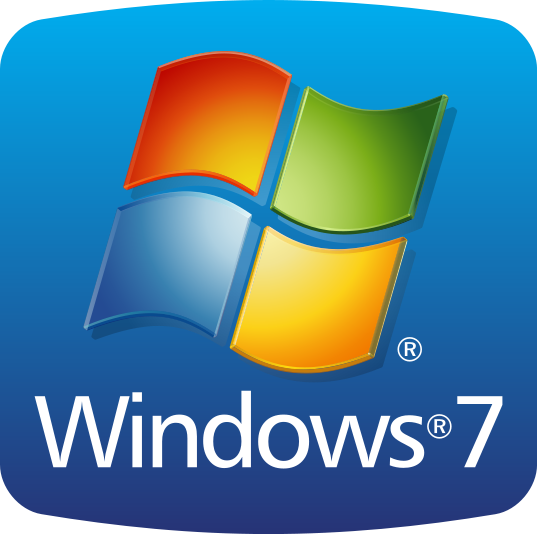 1. For Windows 7,XP and Vista.
1. For Windows 7,XP and Vista.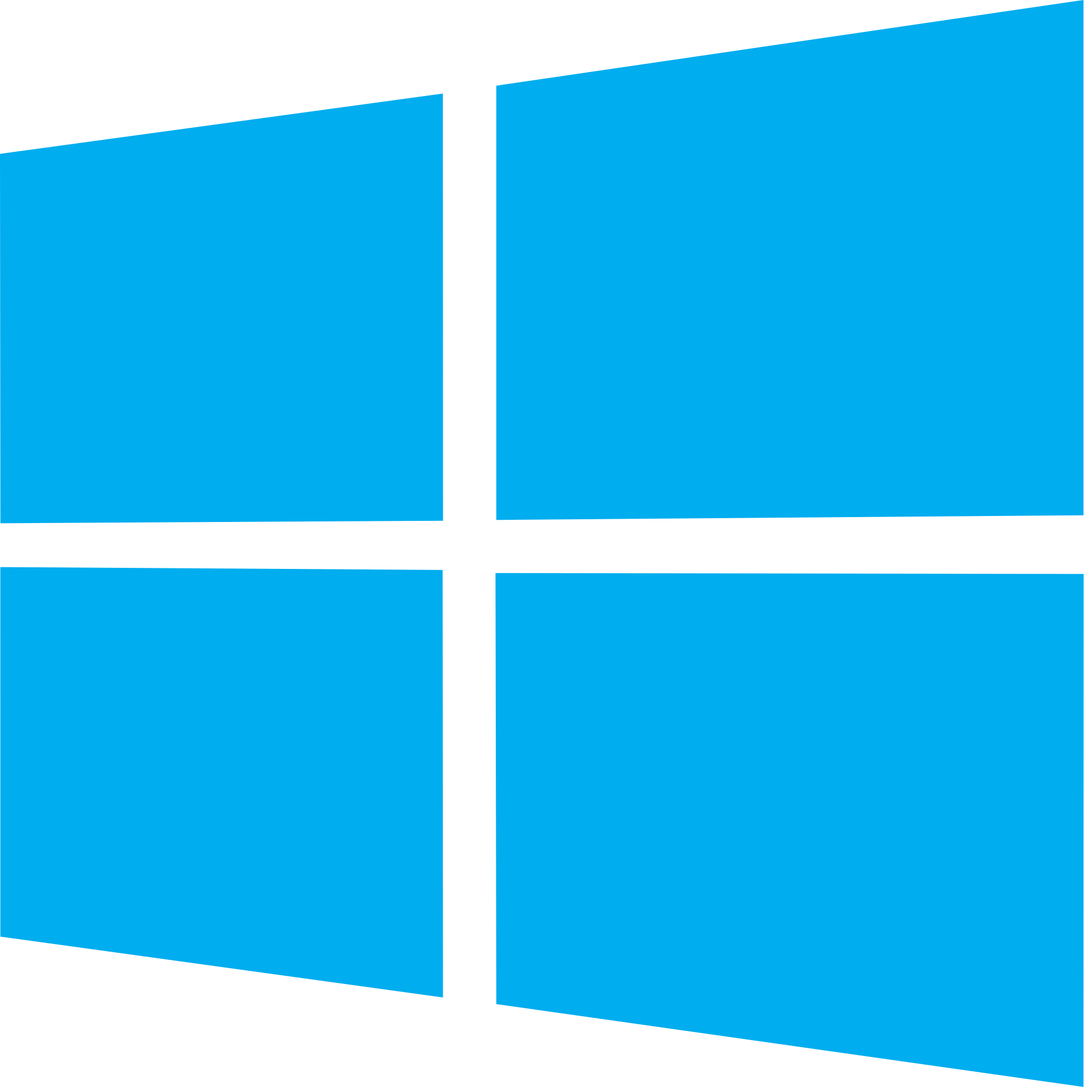 2. For Windows 8, 8.1 and 10.
2. For Windows 8, 8.1 and 10.
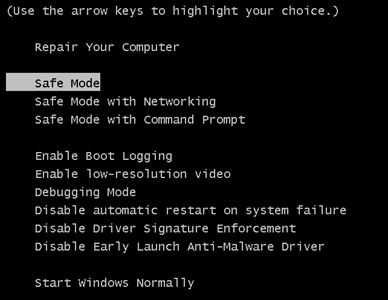
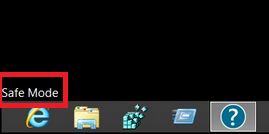
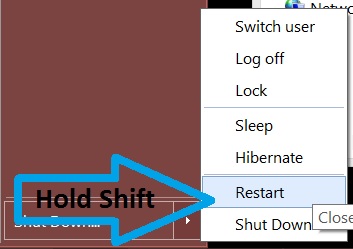
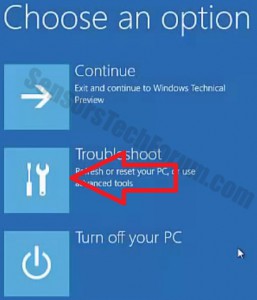
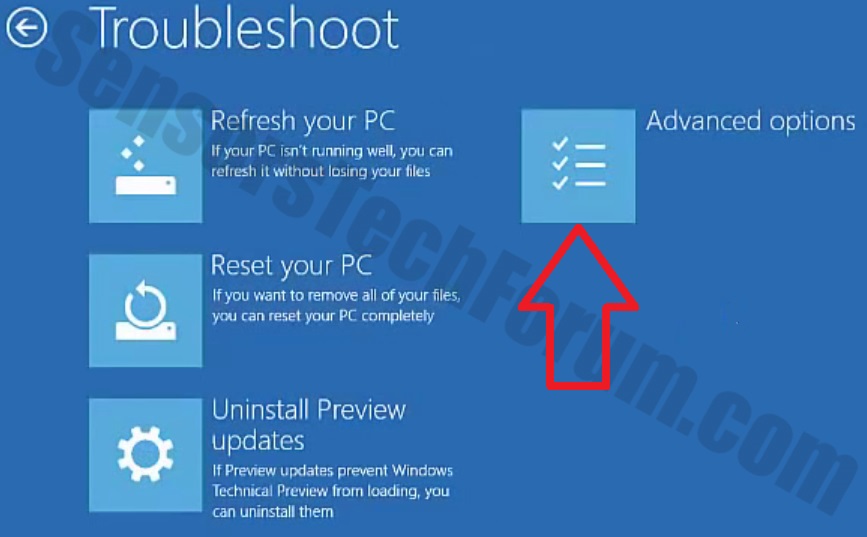
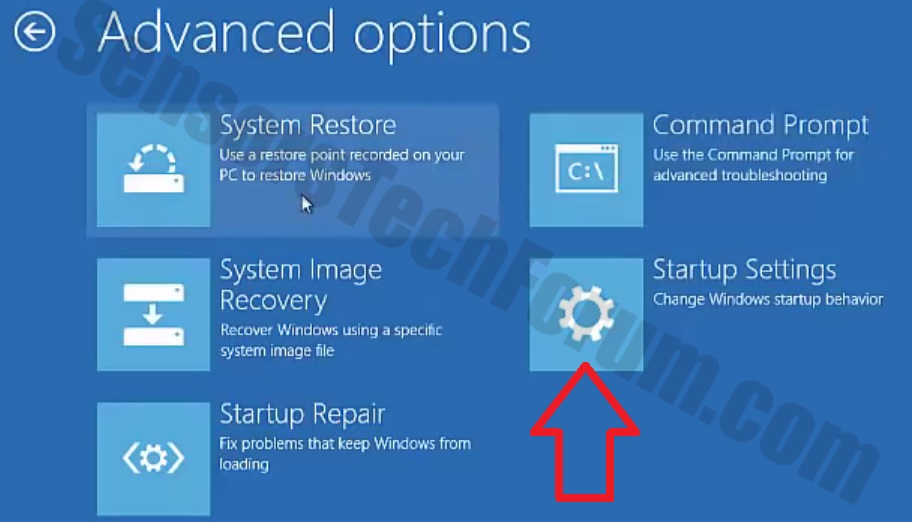
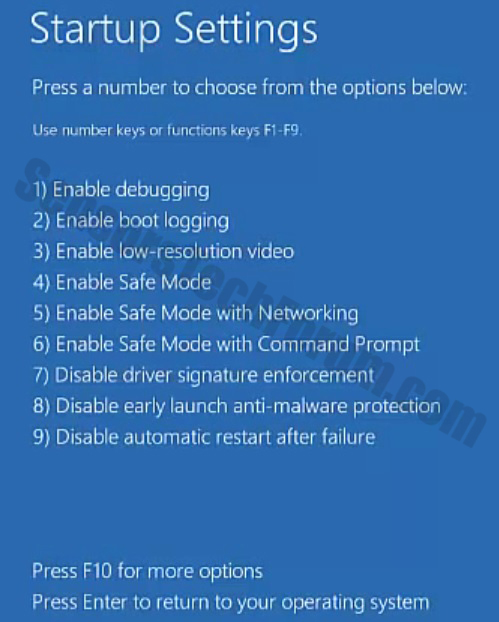
 1. Install SpyHunter to scan for and remove TheZip Virus.
1. Install SpyHunter to scan for and remove TheZip Virus.
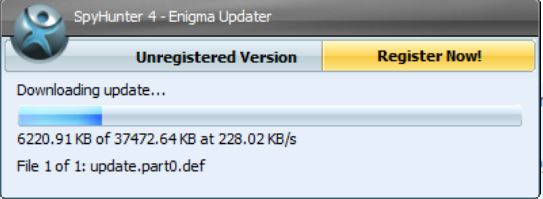
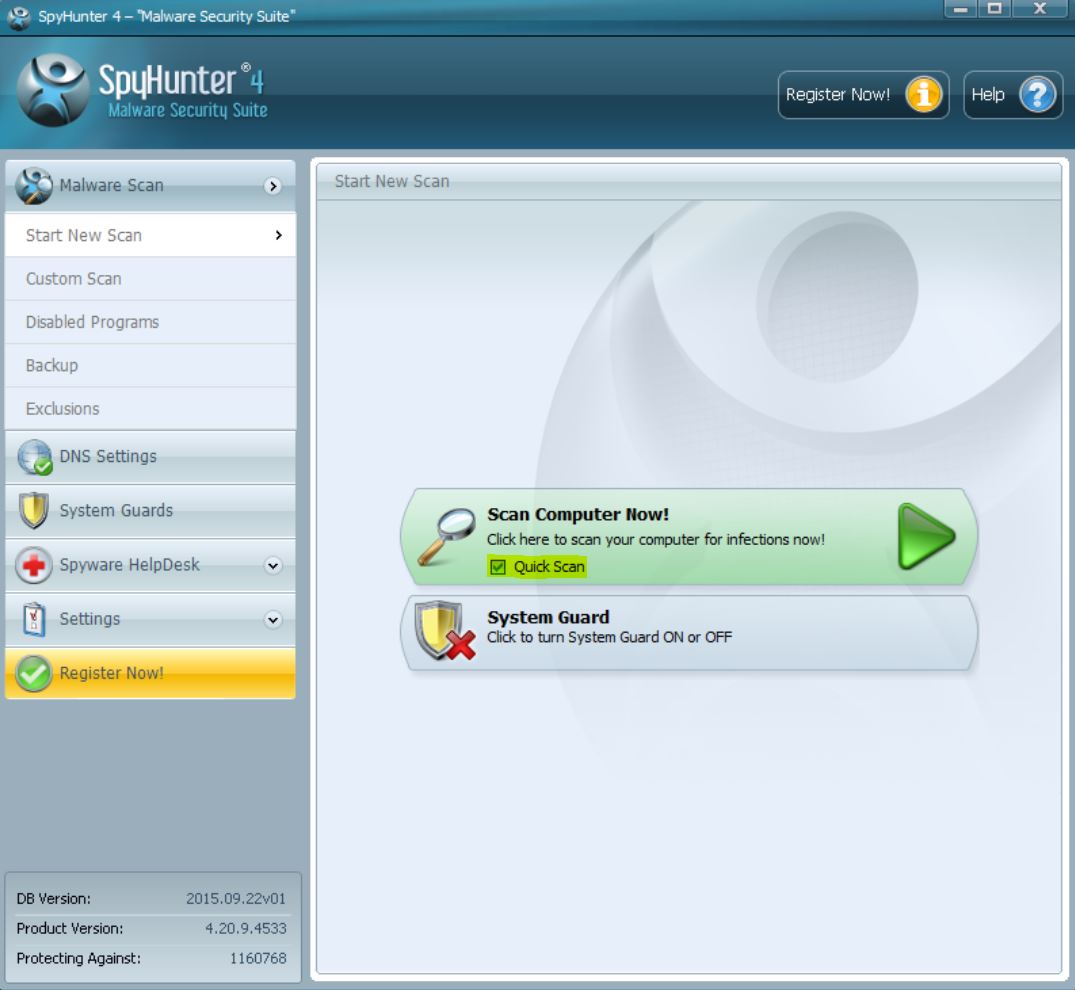
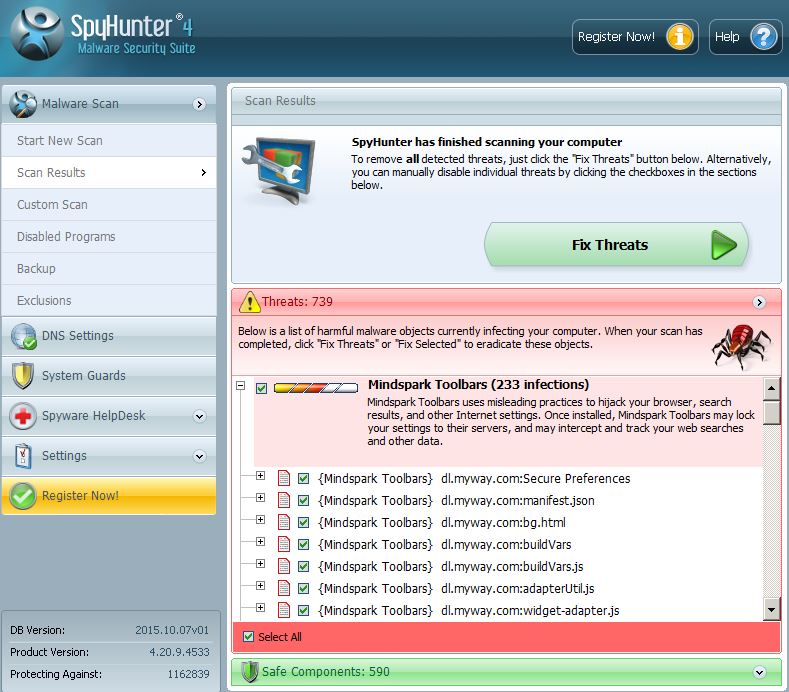
 1. Install Malwarebytes Anti-Malware to scan for and remove TheZip Virus.
1. Install Malwarebytes Anti-Malware to scan for and remove TheZip Virus.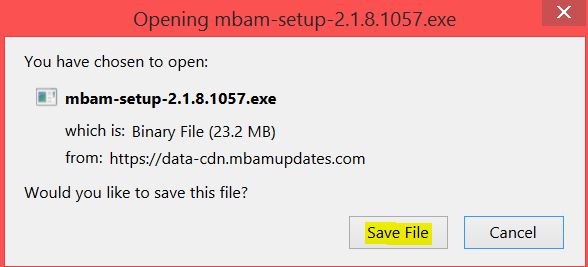

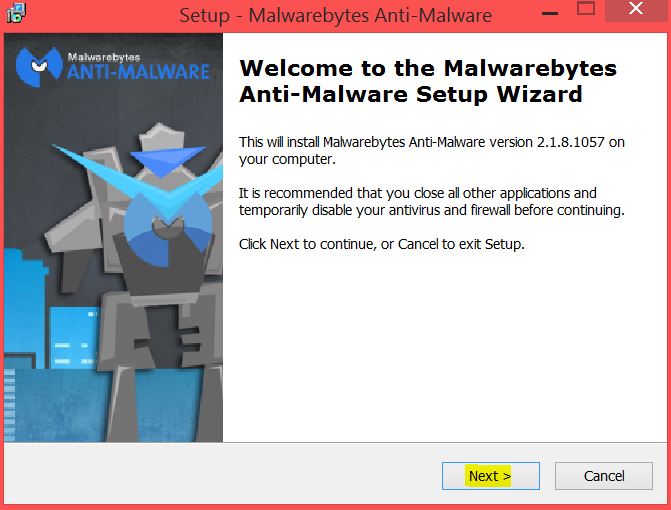
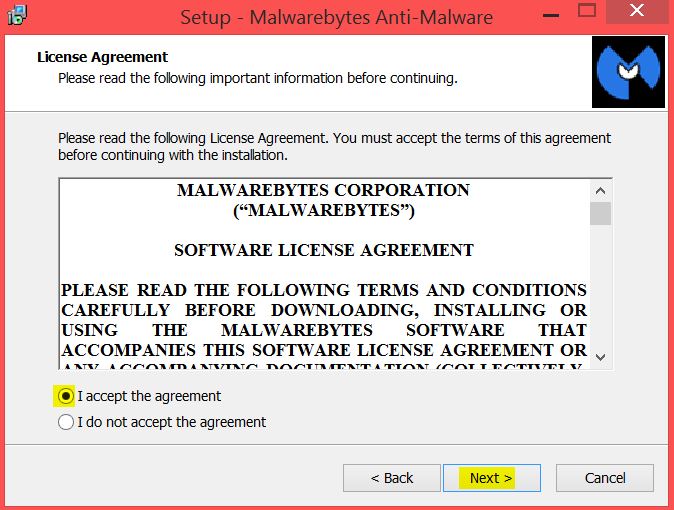
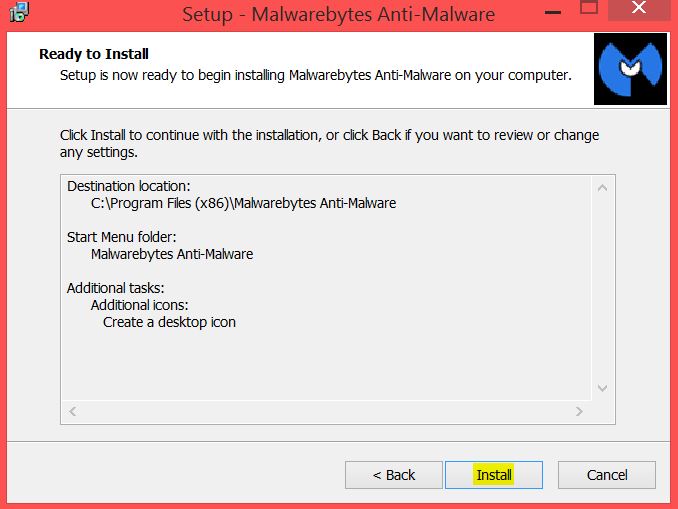
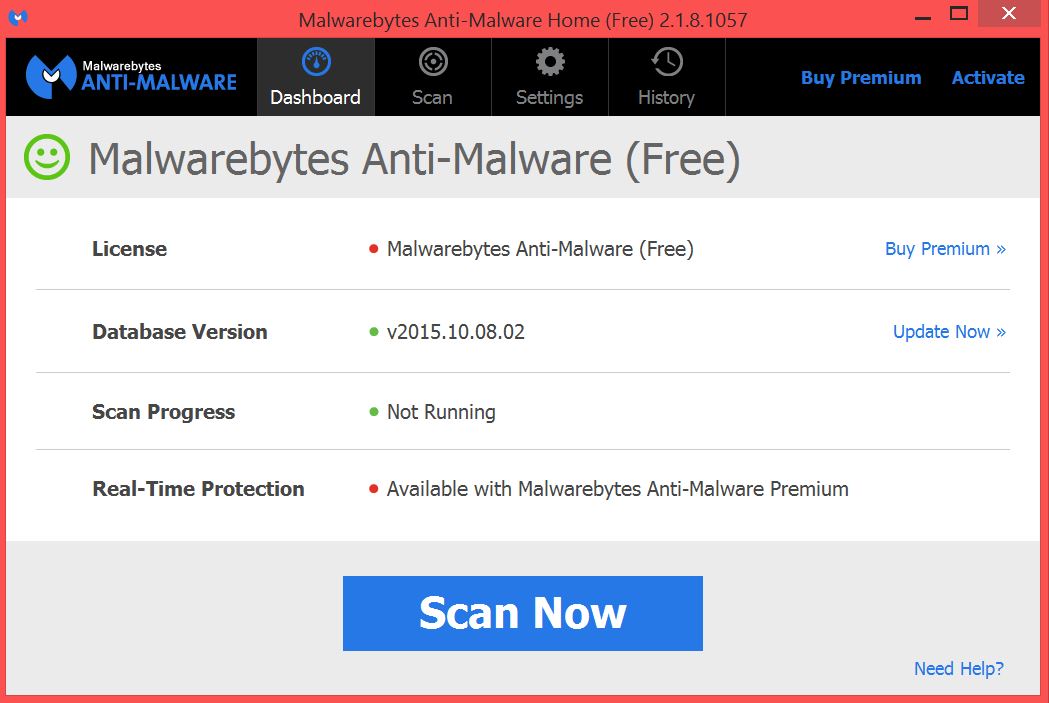
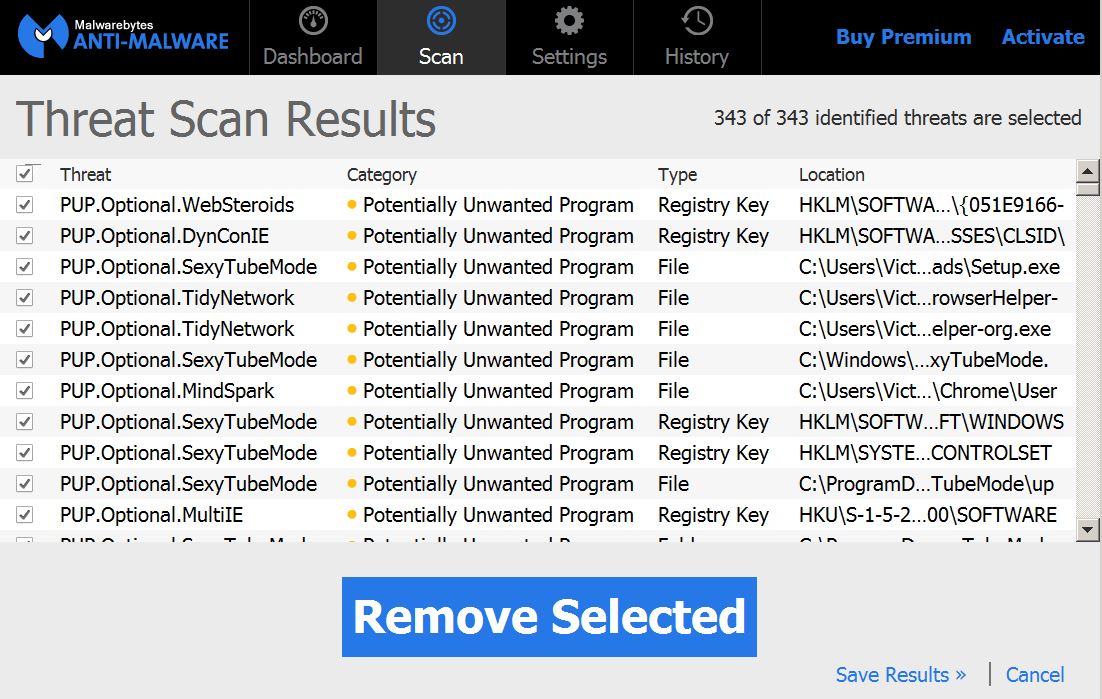
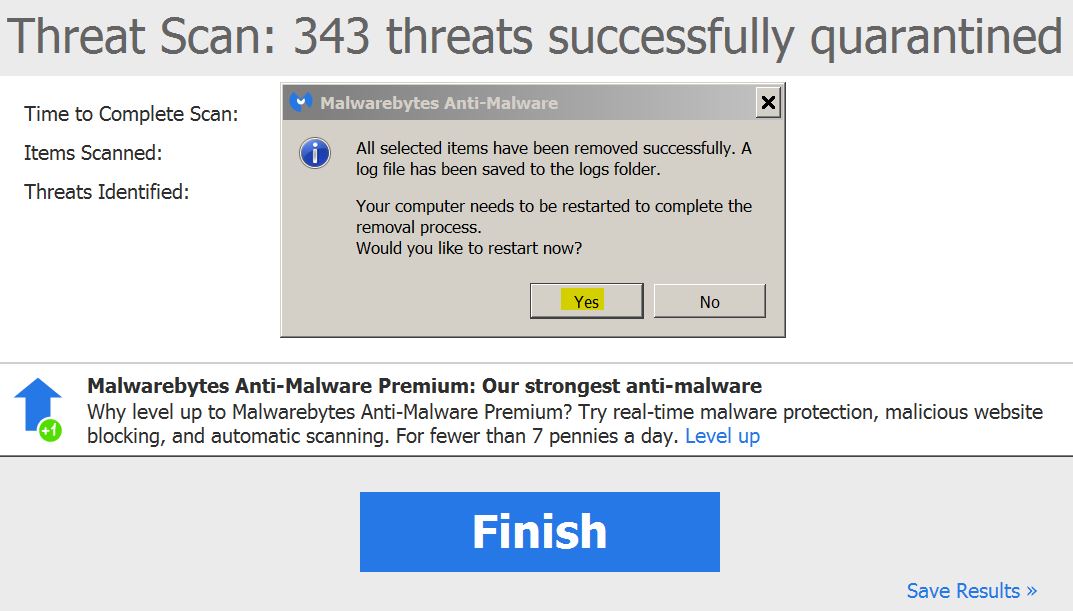
 1. Install STOPZilla Anti Malware to scan for and remove TheZip Virus.
1. Install STOPZilla Anti Malware to scan for and remove TheZip Virus.